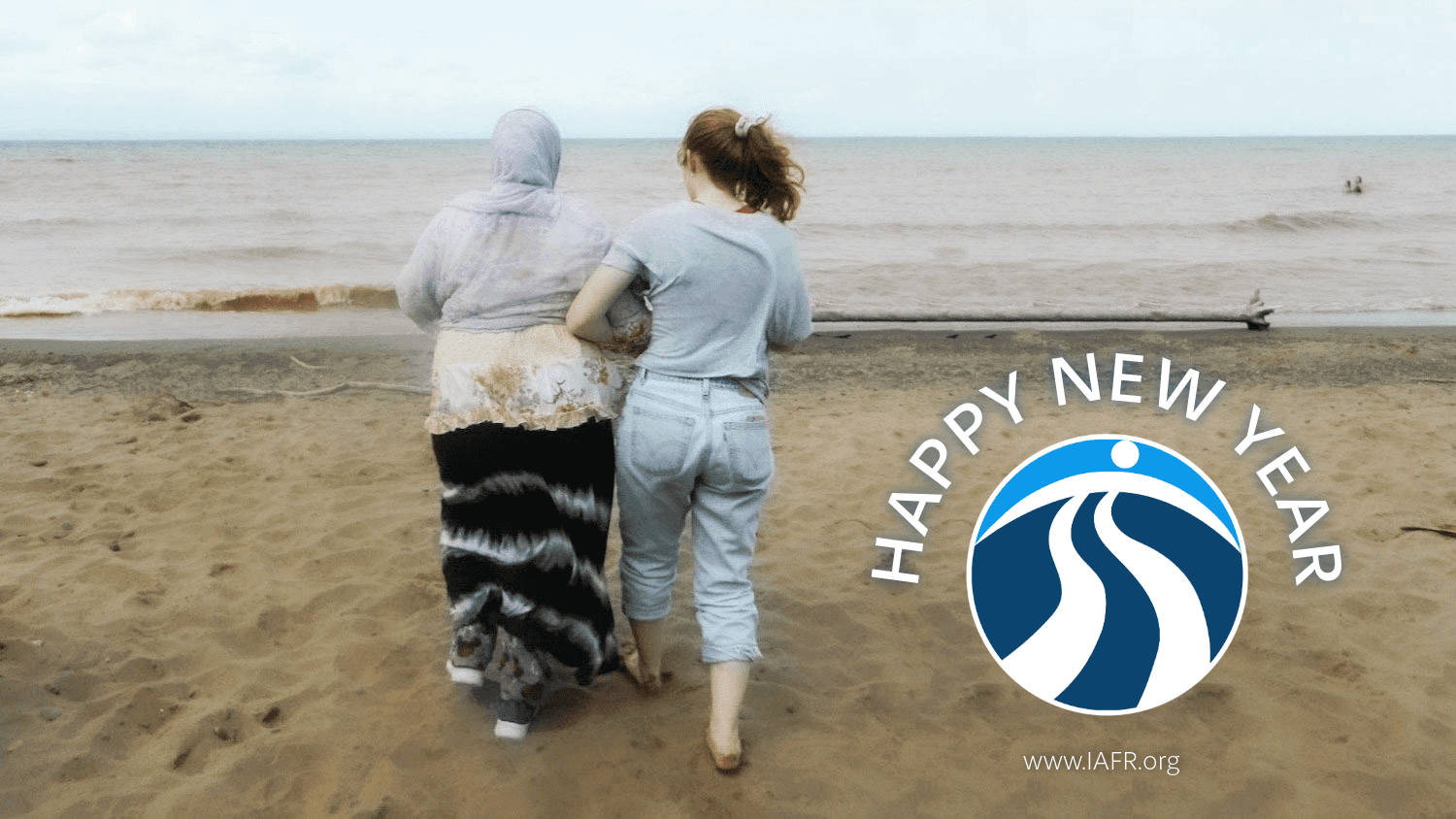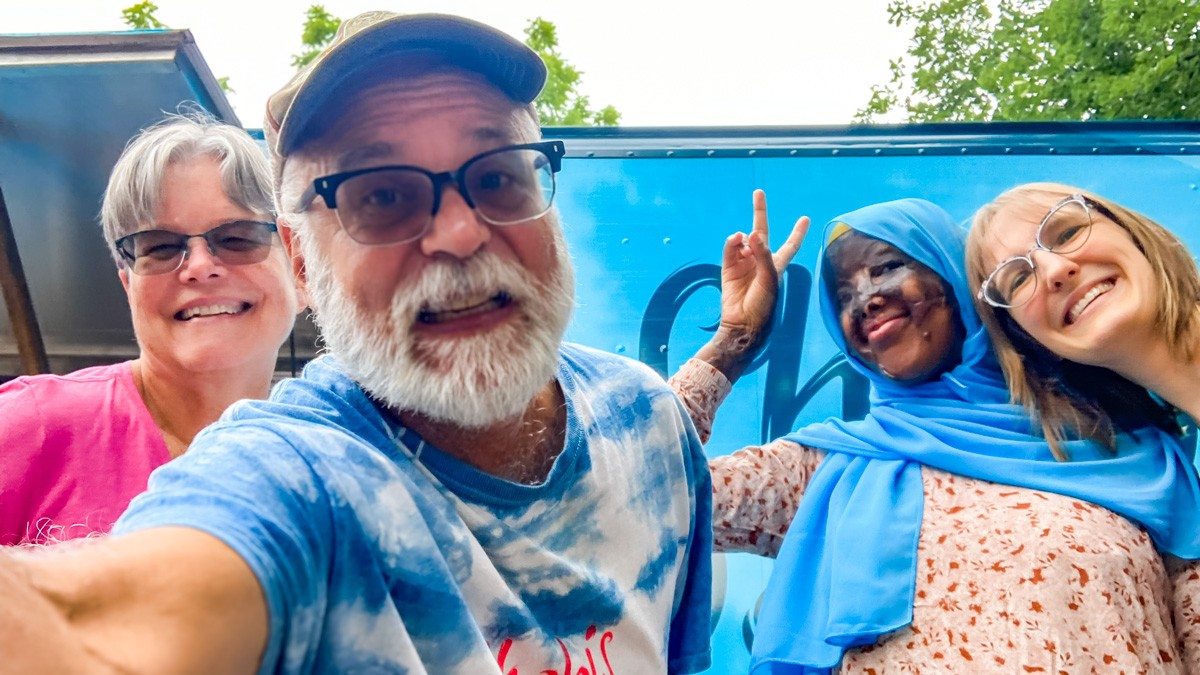Creating safe learning spaces
Feb 9, 2023
Whitney Gerdes with Rachael Lofgren

The challenges of teaching in a refugee camp
I was consulting for a group of teachers in a refugee camp in Greece when the lead volunteer teacher, Kari, came to me for help. There were some problem behaviors she was struggling to resolve in her classroom.
Isaad would either refuse to engage or blow up at me.
"Isaad fled Afghanistan with his family. When he comes to class, he sits in the corner and refuses to engage most of the time," Kari told me. "When he does interact briefly, he blows up at me for reasons I can't figure out. I want him to keep coming, but the days he doesn't are much easier. I know he needs help, but I'm unsure what to do."
I could tell she wanted to help Isaad, and I felt compassion for her frustration.
"I think we have to consider what we are working with here as teachers in a refugee setting," I offered.
"What we measure as a child behaving 'as they should' will be a different ballgame when working with a classroom of kids from Afghanistan."
The need for teachers to understand trauma.
"Understanding what trauma does to the brain is critical in helping these students develop resilience and learning ability.
Isaad sounds like he's in reptile brain mode. In that space, his only option is survival. It's him against the world. And so, that corner he's hiding in is a safe place. And when that corner no longer feels safe, he has to act out in anger to protect himself."
Kari looked thoughtful. "My translator Afri does her best to help me communicate with him, but it's hard across the language barrier. Is that possibly another reason we have so many struggles with him?"
Finding help by partnering with a refugee.
"You have a translator in the room who speaks Dari?" I asked. "Trying to speak to him across a language barrier is probably not helping you establish trust in this situation. Is it possible to have your translator work directly with Isaad?"
Kari admitted she'd been reticent to ask Afri to handle the challenging behaviors. I encouraged her to ask, and when she did, she discovered that Afri had been a teacher back in Afghanistan and was more than happy to help.
When those running the education program in the camp heard Afri had trained as a teacher, they invited her to lead in teaching in the classroom. Her expertise became invaluable to their success in the program helping the kids who spoke Dari to learn and adjust.
Creating safe spaces
Kari and Afri worked together to create "safe spaces" for Isaad to process his sensory issues. With the ability to hear most of the instructions in the classroom in Dari, some of his fear dissipated.
With just a few simple changes and an understanding of how to create a trauma-informed space, they were able to give him a place to begin to learn how to process the immense pain inside his heart and find resilience again.

Restoring hope and building resilience
Children like Isaad are why I feel passionate about empowering teachers to offer accessible and appropriate education for refugee kids and their families. This kind of education is powerful in helping restore hope and build resilience for communities that have lost so much through displacement.
___
Whitney Gerdes is a Refugee Education Specialist serving with IAFR. CLICK HERE to learn more about this ministry.
Other Featured Posts

Reciprocity: experiencing God's blessings together
Feb 19, 2026

An empty seat
Feb 4, 2026

Statement Concerning ICE in Minnesota
Jan 23, 2026

Harvest Season at Hope Community
Jan 15, 2026

Happy New Year!
Dec 31, 2025

Merry Christmas from IAFR
Dec 23, 2025

Love Made Me Forget My Scars
Dec 17, 2025

Hope Has a Name
Dec 10, 2025


